Discover the Mystique of Cincinnati Music Hall
Located at 1241 Elm St, Cincinnati, OH 45202, USA, the Cincinnati Music Hall is more than just a performance venue; it’s a storied citadel teeming with cultural history and whispered tales of the supernatural. Explore this architectural marvel through its official website: Cincinnati Arts.
A Historical Gem with Ghostly Whispers
The Cincinnati Music Hall, celebrated for its stunning Victorian Gothic Revival architecture, has served as the cultural heartbeat of Cincinnati since its opening in 1878. Beyond its role as a home to prestigious groups like the Cincinnati Symphony Orchestra and Cincinnati Opera, the hall is enveloped in mystique, often cited as one of America’s most haunted locations.

The Architectural and Cultural Beacon
Designed by Samuel Hannaford, the hall was originally built to host the May Festival in the late 19th century. It stands on a site with a complex past, having previously been a waterworks, a Civil War hospital, and a pauper’s cemetery, which fuels much of its ghostly fame. Despite myths, most bodies were relocated before construction; however, some remnants were discovered later, adding to the eerie lore surrounding the site.
Renovations and Modernizations
The hall underwent significant renovations from 2016 to 2017 to preserve its historical essence while upgrading its facilities to meet modern standards. These efforts have ensured that the Music Hall remains a state-of-the-art venue that respects its past while looking towards the future.

Paranormal Encounters and Spine-Chilling Tales
Many visitors and staff at the Cincinnati Music Hall have reported unexplained paranormal phenomena, from ghostly apparitions in the Springer Auditorium to mysterious sounds during quiet hours. These stories have been supported by both anecdotal accounts and investigations by paranormal researchers, making the hall a fascinating venue for those intrigued by the supernatural.
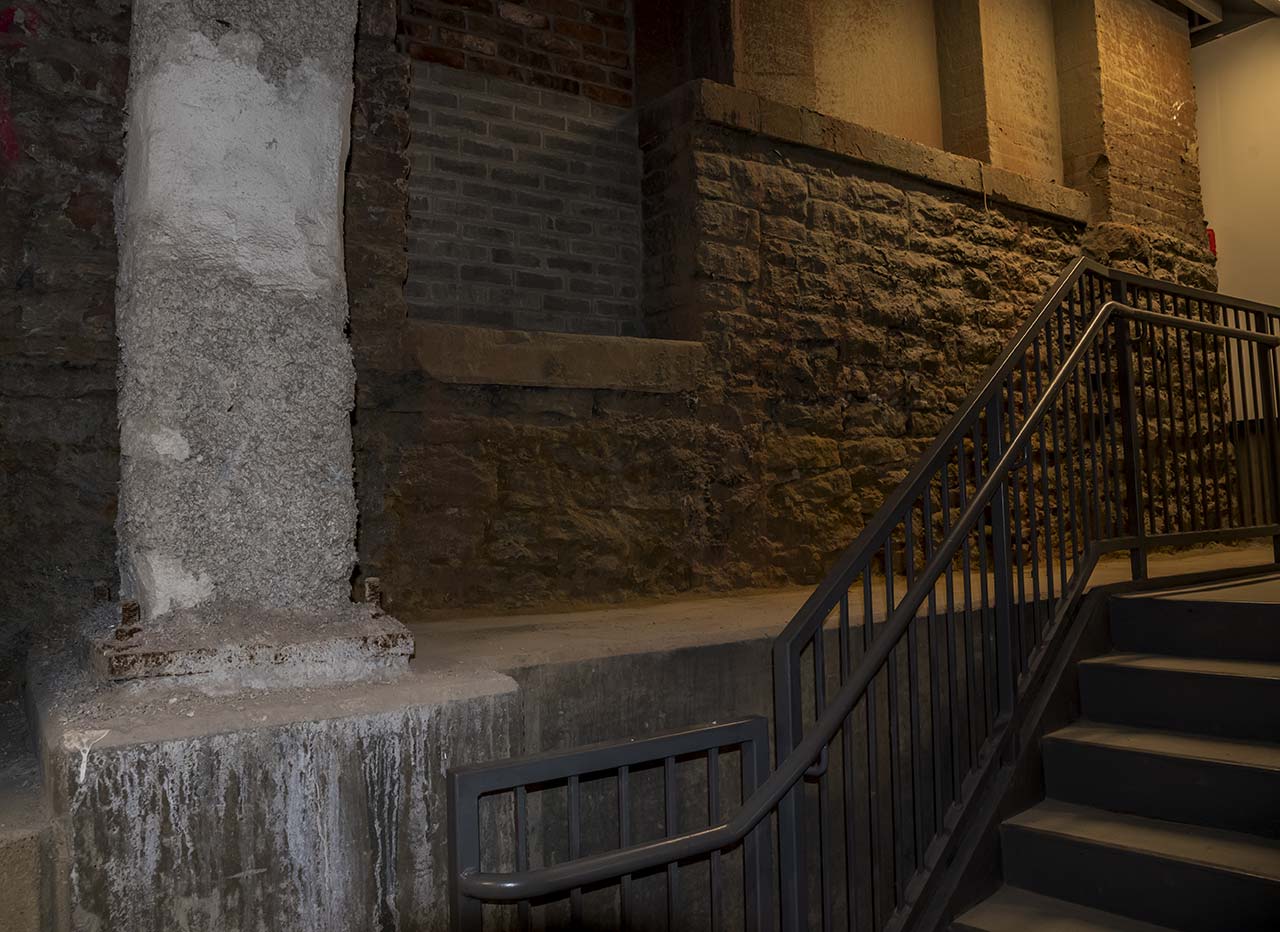
Conclusion: A Center of Art and Mystery
The Cincinnati Music Hall is not just a place for outstanding musical performances; it’s a landmark steeped in history and mystery. Whether you’re drawn by its architectural beauty, its rich performance history, or its ghostly tales, the Music Hall offers a unique glimpse into Cincinnati’s cultural and supernatural heritage.

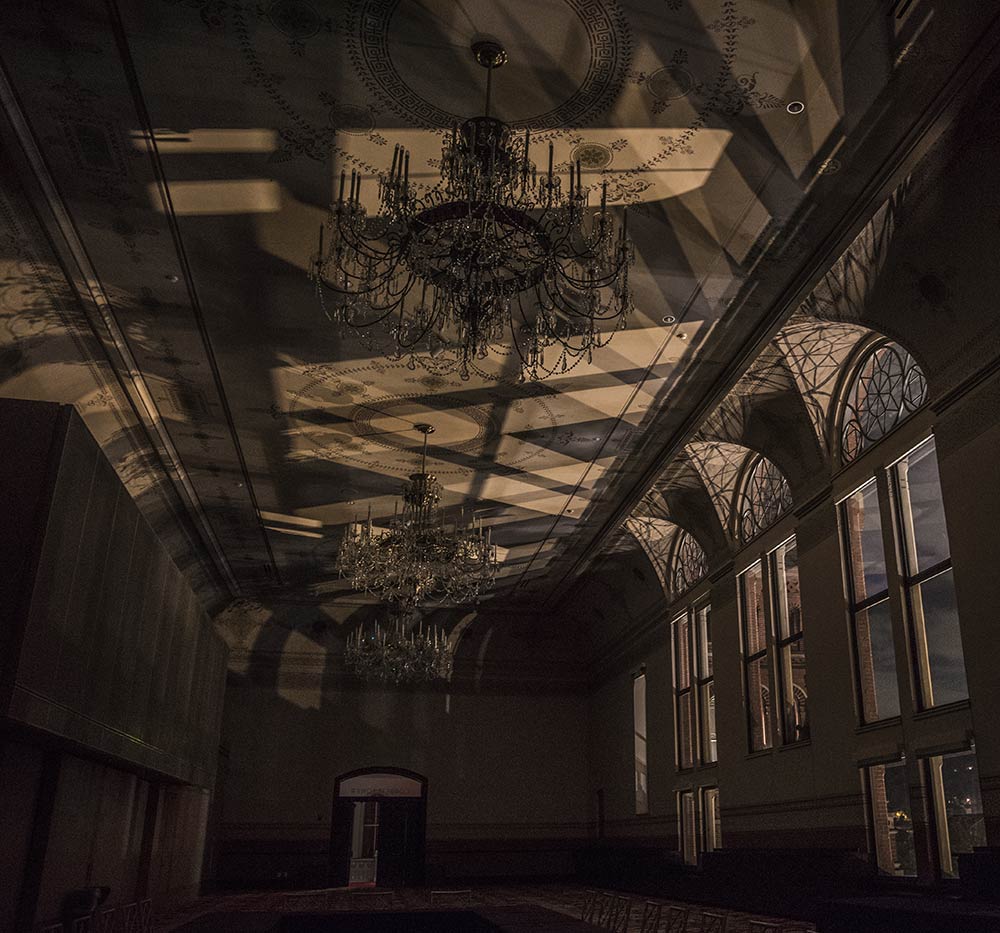

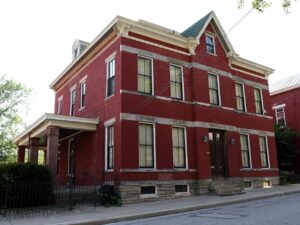
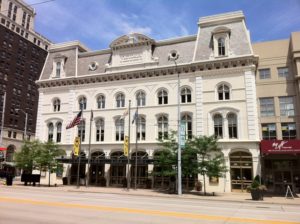
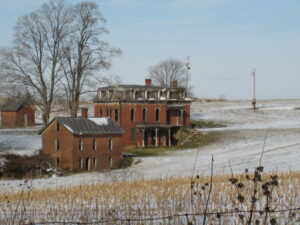
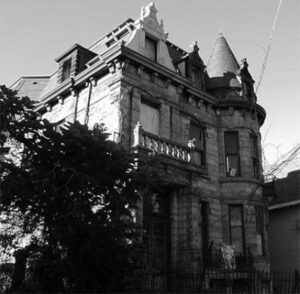
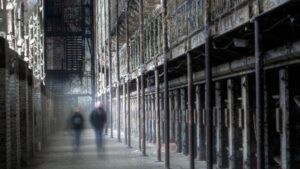
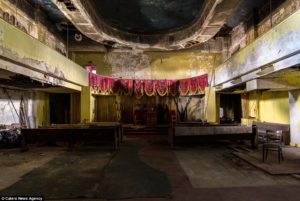




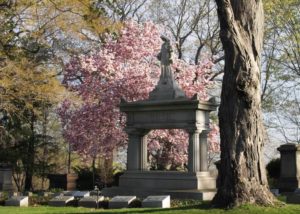

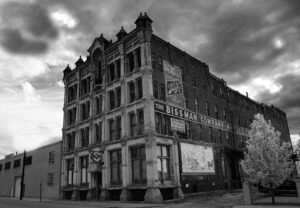

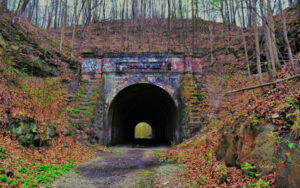
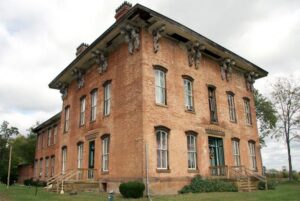


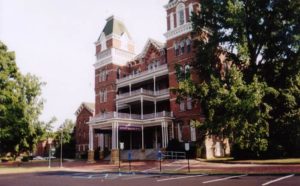
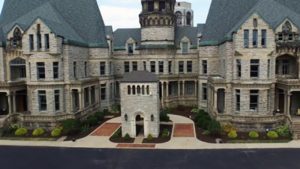


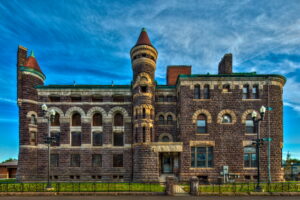
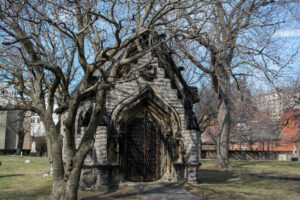
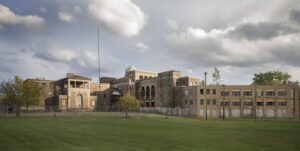

Leave a Reply